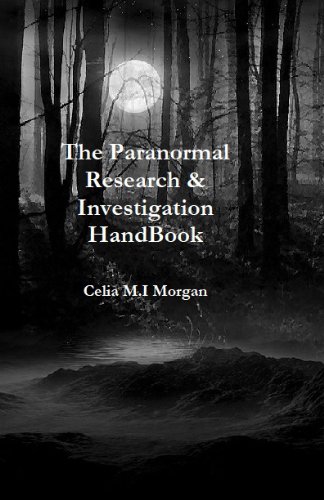By Angela N. H. Creager,Elizabeth Lunbeck,M. Norton Wise
Contributors research the function of the fruit fly Drosophila and nematode worms in biology, troops of baboons in primatology, field and electronic simulations of the flow of the earth’s crust in geology, and meteorological types in climatology. They research the in depth research of the prisoner’s difficulty in online game conception, ritual in anthropology, the person case in psychoanalytic examine, and Athenian democracy in political conception. The members light up the strategies wherein specific organisms, instances, fabrics, or narratives turn into foundational to their fields, they usually learn how those foundational exemplars—from the fruit fly to Freud’s Dora—shape the data produced inside of their disciplines.
Contributors
Rachel A. Ankeny
Angela N. H. Creager
Amy Dahan Dalmedico
John Forrester
Clifford Geertz
Carlo Ginzburg
E. Jane Albert Hubbard
Elizabeth Lunbeck
Mary S. Morgan
Josiah Ober
Naomi Oreskes
Susan Sperling
Marcel Weber
M. Norton Wise
Read or Download Science without Laws: Model Systems, Cases, Exemplary Narratives (Science and Cultural Theory) PDF
Similar science & nature education books
Tsukuba technology urban is the world's so much bold try and `turbocharge' medical collaboration. James W. Dearing seems to be on the political and fiscal context during which the plans for Tsukuba have been laid, how these plans replaced in the course of the means of implementation, and on the functioning of Tsukuba this day.
The Paranormal Research & Investigation HandBook (Paranormal Investigation Guides)
Paranormal examine research consultant, info and extra. comprises short descriptions of constructing a magical learn research organization and engaging in Paranormal learn Investigations.
Durch die Heterogenität im Klassenzimmer fühlen sich Lehrer/innen in ihrer täglichen Unterrichtsarbeit belastet und teilweise überfordert. Die vorliegende Arbeit setzt sich mit der Problematik auseinander, indem der Begriff der Heterogenität diskutiert wird und die sie beschreibenden Faktoren dargestellt werden.
Designing Professional Development for Teachers of Science and Mathematics
The vintage advisor for designing strong technological know-how and arithmetic expert improvement programs! This extended version of 1 of the main commonly pointed out assets within the box improvement for arithmetic and technology educators demonstrates how you can layout specialist improvement stories for lecturers that result in greater scholar studying.
- South Africa and the Global Hydrogen Economy: The Strategic Role of Platinum Group Metals
- Vectors: Cloning Applications: Essential Techniques
- The Beginner's Guide to Doing Qualitative Research: How to Get into the Field, Collect Data, and Write Up Your Project
- Cracking the AP Physics 2 Exam, 2018 Edition: Proven Techniques to Help You Score a 5 (College Test Preparation)
Extra info for Science without Laws: Model Systems, Cases, Exemplary Narratives (Science and Cultural Theory)
Example text
- Yoga: el método Ramiro Calle (Spanish Edition) by Ramiro A. Calle
- Hyddenworld 3: Die Ernte (German Edition) by William Horwood,Reiner Pfleiderer

